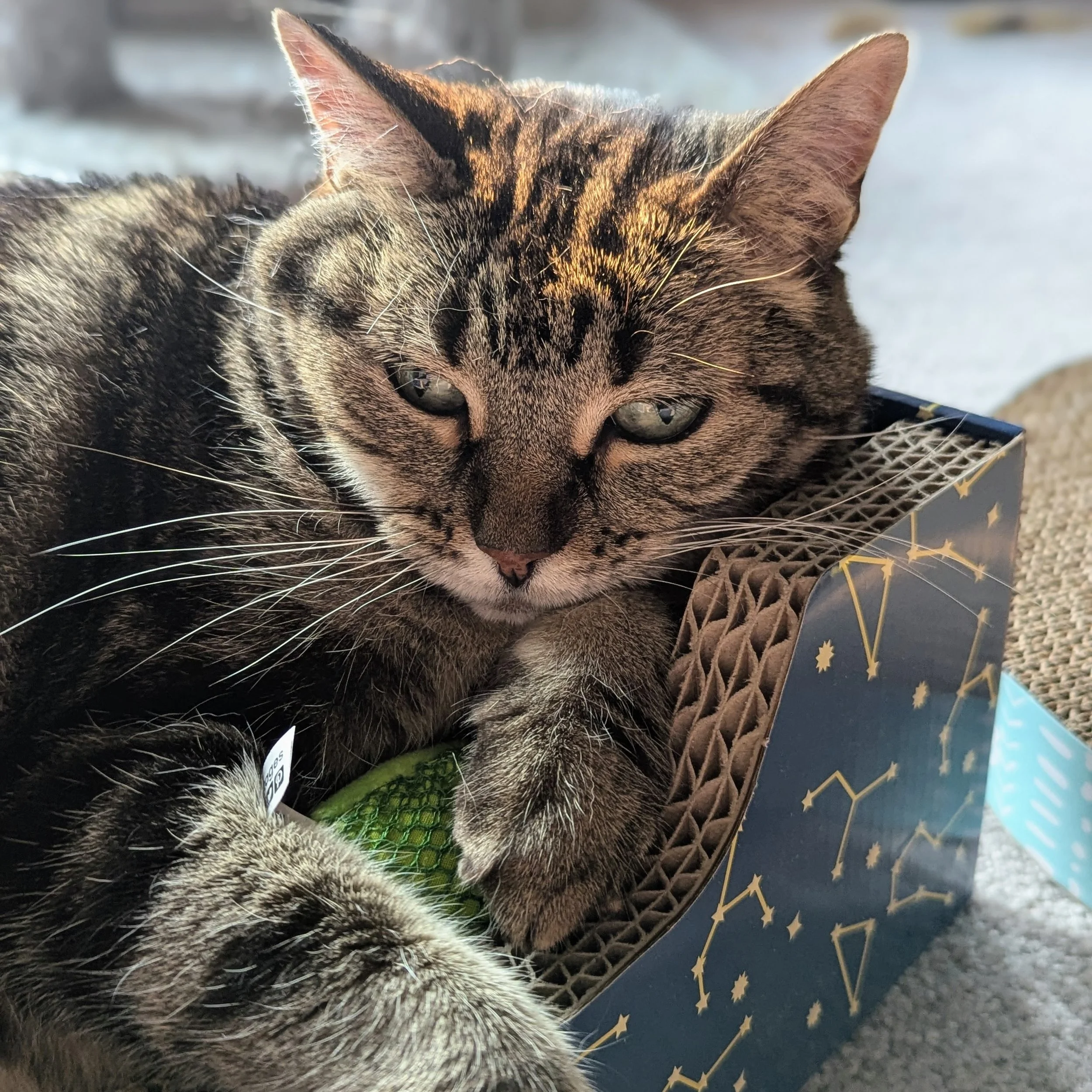Bird Flu Found in Raw Cat Food: Why Pet Owners Should Take Precautions
Keeping cats indoors reduces their risk for contracting H5N1, or avian influenza.
At Two Rivers Veterinary Hospital here in Fargo, ND, we want to keep our clients up to date on emerging health concerns for their pets. Recently, the FDA reported the detection of H5N1 avian influenza (bird flu) in raw cat food after a cat in California was hospitalized for severe illness. This serves as an important reminder about the risks of raw diets for cats, as well as the need to limit their exposure to wild birds and contaminated animal products.
Why This Matters
The H5N1 bird flu virus has mutated to cause cross-species infections, affecting not just wild birds but also mammals, including cats. While the virus currently cannot spread easily between humans, every time it jumps into a new species, there is a risk of further mutation. By preventing exposure in pets, we help minimize the chances of a mutation that could threaten both animals and people.
Raw Diet Risks
Feeding raw meat, eggs, or unpasteurized milk to pets carries significant risks. Raw diets can harbor dangerous bacteria and viruses like salmonella, listeria, and now avian influenza. In addition to threatening your pet’s health, these pathogens can also spread to people in the household.
If you choose to feed raw diets, it’s crucial to:
Source products only from reputable manufacturers that use pathogen-reduction treatments.
Avoid raw meat or milk purchased directly from grocery stores.
Use strict hygiene when handling raw animal products, including washing hands, dishes, and food surfaces thoroughly.
We’ve shared more details about why raw diets can be dangerous for pets in a separate post — Why We Don’t Recommend Raw Diets for Dogs and Cats.
Protecting Cats from Bird Flu
Keeping your cat indoors is one of the best ways to minimize exposure. Outdoor cats may come into contact with migrating birds that can carry avian influenza. Indoors, your cat is safer from not only infectious diseases but also cars, predators, and other environmental hazards.
The Takeaway
The recent case of H5N1 bird flu contamination in raw cat food is a serious reminder of why raw diets are risky. Protect your pets by feeding safe, balanced diets, keeping cats indoors, and avoiding raw animal products. At Two Rivers Vet Hospital, we are committed to sharing science-backed recommendations to help your pets live long, healthy lives.
You can read the full FDA announcement here: FDA Warns of H5N1 Avian Flu in Raw Cat Food.

